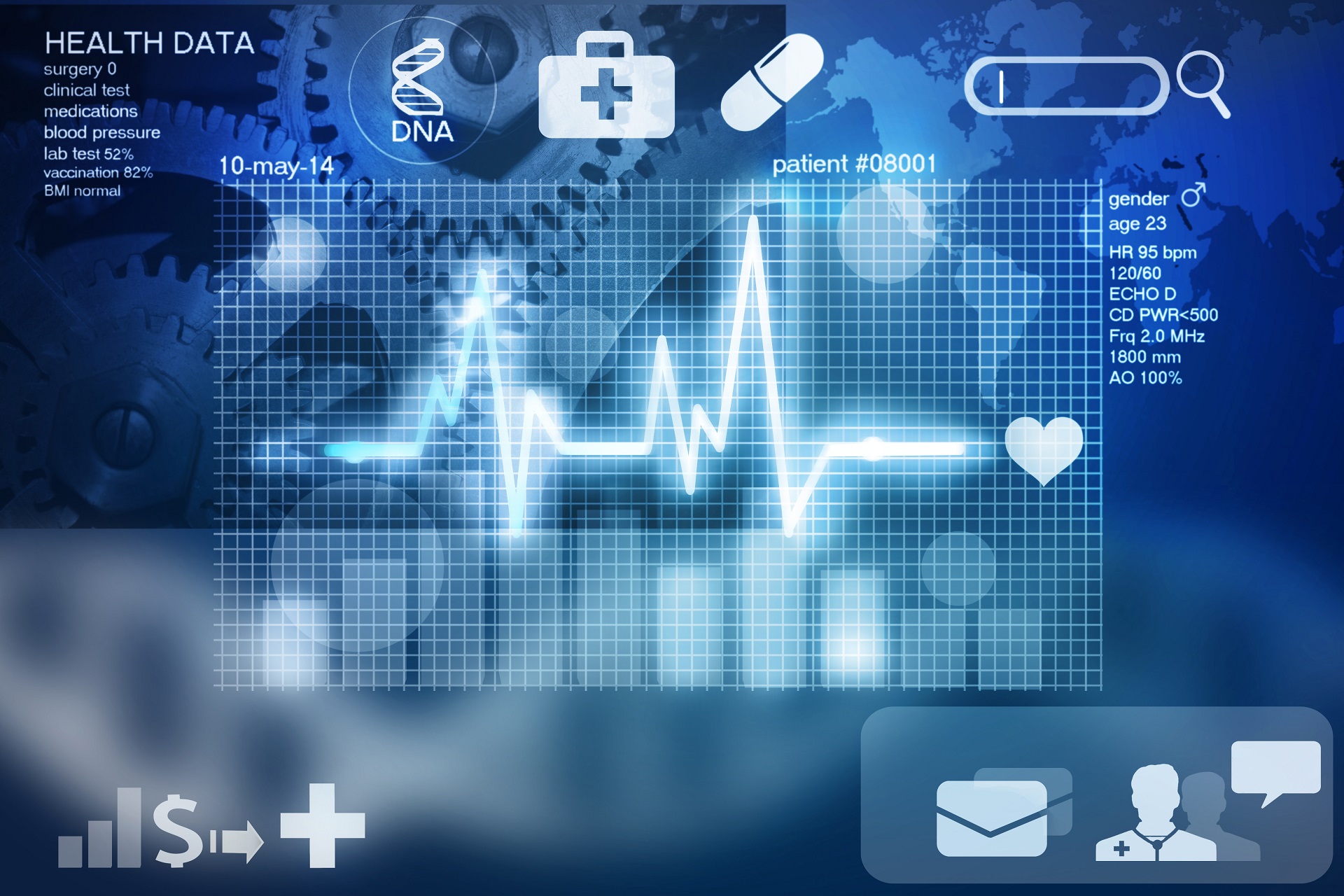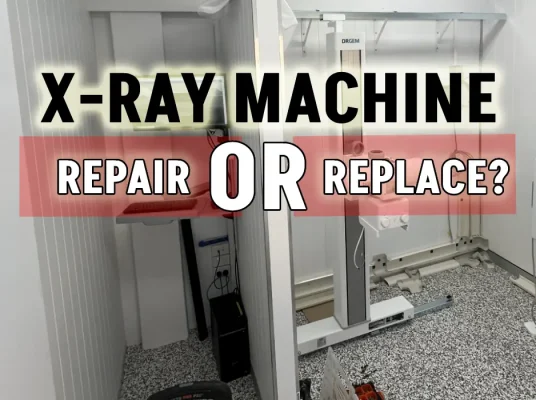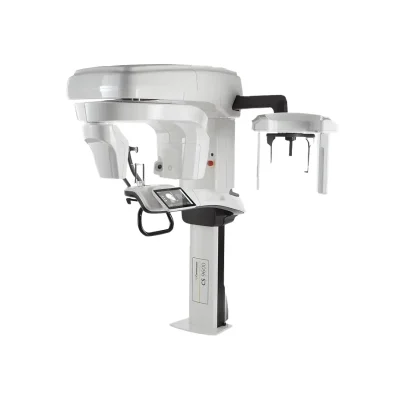Home » Medical Device Security FAQs
Medical Device Security FAQs
What makes medical device cybersecurity different from standard IT cybersecurity?
Medical devices are regulated by the Therapeutic Goods Administration (TGA) and must operate reliably for patient safety. Installing unapproved software or treating them like standard IT endpoints can void warranties and compromise device function.
Why is cybersecurity important for medical devices in healthcare settings?
Medical devices may connect to networks and handle sensitive patient data. Poor cybersecurity can lead to data breaches, device malfunction, compromised patient safety, or regulatory non-compliance.
Can clinics install any antivirus or endpoint detection software on medical devices?
No. Antivirus or EDR tools must be approved by the device manufacturer. Installing unauthorised software can void warranties and disrupt the device’s safe operation.
What regulatory considerations apply to medical device cybersecurity in Australia?
Medical devices must adhere to TGA regulations, device-specific licences, software change controls, and network segmentation to maintain compliance and patient safety.
What steps should clinics take to protect medical devices from cyber threats?
Clinics should segment device networks, restrict remote access, only install manufacturer-approved software, monitor device activity, and engage specialised cybersecurity services knowledgeable in medical devices.
Why can healthcare IT providers without medical device expertise be risky for clinics?
Without specialist knowledge of medical device regulation and cybersecurity, IT providers may make changes that invalidate device compliance or risk patient safety.
What parts of a clinic’s operations are affected by medical device cybersecurity?
Device integration, network architecture, remote access workflows, software updates, warranty management, regulatory compliance, and patient safety all intersect with medical device cybersecurity.
How does network segmentation help in medical device cybersecurity?
Segmentation isolates medical devices from general IT and guest networks, limiting lateral movement of threats and reducing the risk of a device compromise leading to broader network intrusion.
What is a major consequence of poor cybersecurity on medical devices?
A poorly secured device can compromise patient safety, void warranties, breach regulatory compliance, and expose the clinic to reputational and financial risk.
How can Medic Cloud help clinics with medical device cybersecurity?
Medic Cloud offers specialised services including consultation, manufacturer-approved software installation, network segmentation, threat monitoring, and device compliance support tailored to healthcare environments.
For more information read the blog about medical device security or contact us today for a conversation.
Read more blogs

Subscribe to Medic Hub
Get the latest insights direct to your inbox.



